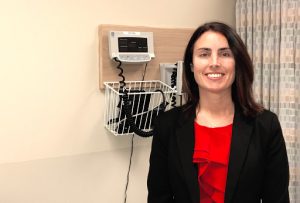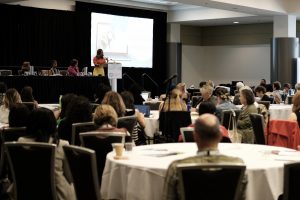
Research Spotlight: Storytelling as a tool for knowledge translation between researchers and government
Congratulations to Dr. Sarah Munro, recipient of a 2019 Women’s Health Research Institute Catalyst Grant! We spoke to Dr. Munro and Kate Wahl, a PhD student involved in the project, to learn more about how their team intends to tap into the power of storytelling to communicate research evidence to policy makers.


